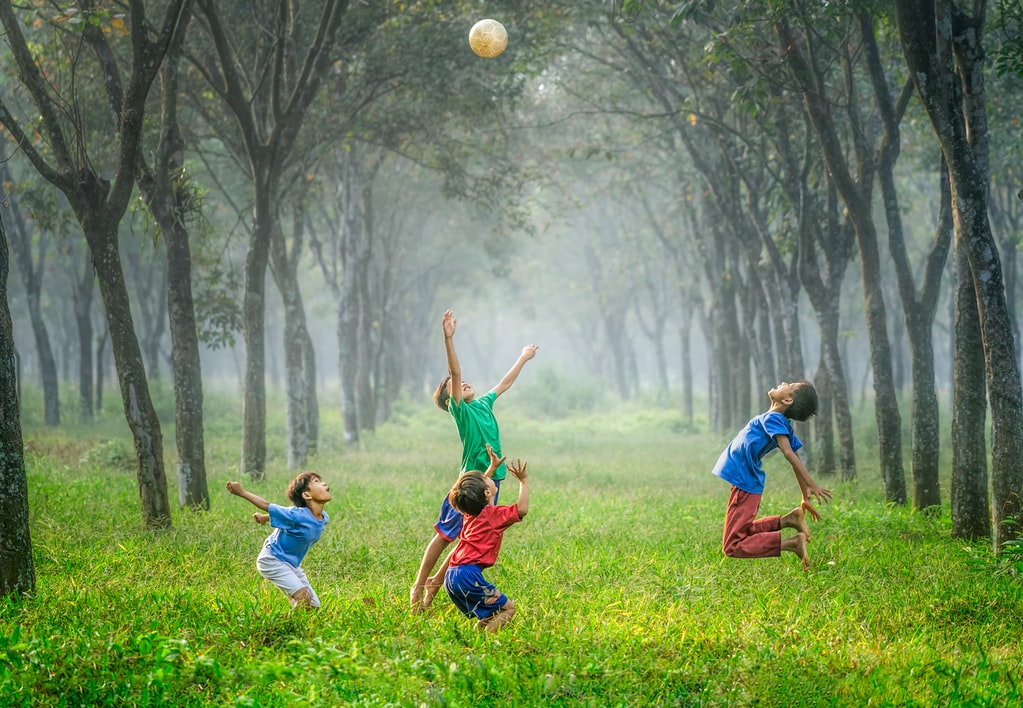The World Conference for the Well-being of Children in Geneva, Switzerland, proclaimed June 1 to be International Children’s Day in 1925. Currently is being celebrated on November 20 to commemorate the Declaration of Rights of the Child by the UN General Assembly. At HEMEX, we have decided this year to start early discussions about children’s rights and well-being.
Why is it important a day like this?
Encouraging countries to initiate action for benefiting and promoting the welfare of the world’s children is not a very straightforward and easy task. Every government in the world uses the speech of supporting and caring for the children of the world. However, and keeping on with the same message, we wanted to convey in the last International Women’s Day, this day in concrete, should not also be just a day to celebrate children for who they are but to bring awareness to children around the globe that have experienced violence in forms of abuse, exploitation, and discrimination. Therefore, it should be a day to demand action and execute all the beautiful ideas for the welfare of all children. For example, on our side, it could be a great day to take a critical look at Switzerland’s norms and regulations around children and think; what could still be improved?
Fundamental rights
This day is all about fundamental rights in favor of the children in the world; they are the future citizens. A worldwide celebration of Children’s Day should contribute to human solidarity and international cooperation. The Declaration of the Child’s Rights proclaims that any kid may have a happy childhood and enjoy their rights and freedoms. Moreover, voluntary organizations, local authorities, and national governments should recognize these rights and strive for their observance. However, currently, in many countries, this is not the case.
The situation around the world
Among the challenges are unprecedented levels of humanitarian crises, including the global pandemic of COVID-19 and a climate shaped by limited predictable resources. Wars, disasters, and diseases always hit first the most fragile sectors. Not every child has access to quality health care and proper nutrition. Not every child is immunized and protected from HIV, AIDS, and preventable diseases. Not every child has access to early childhood development opportunities. Poverty, gender norms, and disability put education out of reach for far too many children. In addition, 2019 concluded a deadly decade of more than 170,000 verified grave violations committed against children in conflict situations. Children’s right to a safe and clean environment faced threats caused by emergencies, conflict, and extreme weather event- which many of them are related to climate change.
The situation in Switzerland
The study “Children’s rights from the perspective of children and young people 2021” aimed to explore children’s perspectives on the implementation of the UN Convention on the Rights of the Child in Switzerland. Therefore, children between the ages of 9 and 17 living in the Alpine nation were invited to provide information on their situation. Amongst others, the main results were that nearly half of the children (43%) had experienced discrimination or unequal treatment because of their gender, age, migrant background, and religious affiliation, among other things. The number of bad experiences due to appearance stands out in particular (22.4%). The more often the children interviewed had already experienced discrimination on average, the more often they were also subjected to bullying by their classmates. More than half of the children (58.2%) have had negative experiences.
In the survey, children responded positively concerning opportunities for decision-making and participation within their families and leisure time. In contrast, they feel that their schools and communities present fewer opportunities for their views to be heard. Older children, in particular, see few opportunities to become actively involved. Regarding physical and psychological violence, these survey findings are therefore all the more worrying, as they show that physical and psychological violence – at home, in school, and on social media – has become part of everyday life for many children in Switzerland. During the data analysis, it emerged that children living in poverty could only use their rights to a comparatively small extent. Similar inequalities also appear in terms of participation, non-violence, and general well-being. Children said they feel safest with their families (~75% feel very safe) and the least safe at school (~50%) and online (~25%).
The survey clearly indicates that children in Switzerland enjoy a high level of general well-being. However, various issues affect the children in their day-to-day lives and negatively impact their well-being. At HEMEX, we reaffirmed our faith in fundamental human rights and the dignity and worth of every human person. Therefore, we are determined to promote social progress and better standards of life. We will work on that during this year, and we’ll let you know which measures we will take on the preceding days for November 20 for the worldwide celebration of Children’s day. It is hoped for us that this may resonate directly where children live and inspire change!
About HEMEX

HEMEX is committed to changing the future of healthcare by guiding the most promising European start-ups through each and every step to bring innovative pharmaceuticals, medical devices, and in vitro diagnostics to the market. Headquartered close to the thriving Basel global Life Sciences hub, the goal at HEMEX is to ensure start-ups have access to a wide range of tailored products, practical solutions, and fundraising support. This empowers the next generation of transformative discoveries to grow into successful and sustainable businesses, and drive change in both human and animal healthcare. For more information, visit https://hemex.ch/


